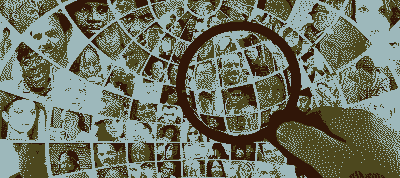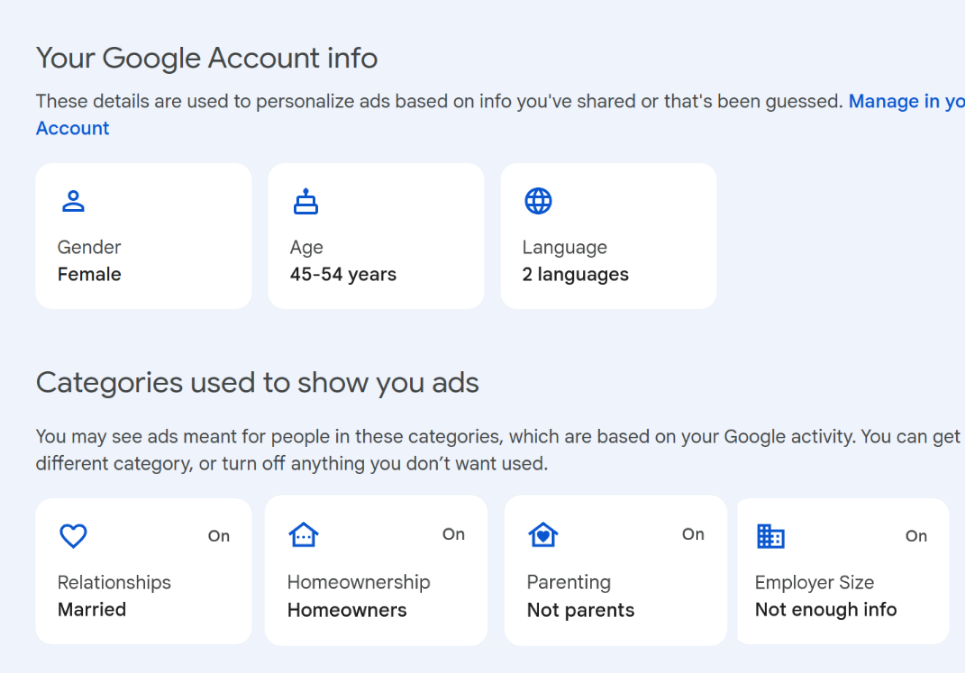Why Privacy Online Matters

Most people today are online in one form or another! This can be a beautiful thing; we get to connect from so far apart and discover that there are so many people who are like-minded, find our community, and share knowledge across the globe.
The beauty of the Internet is ever-present; however, we have given companies a lot of control over organizing how we interact with each other. Social media such as Instagram, Facebook, Twitter now "prescribe" media to us. What started as a beautiful way to connect with each other, has now become a non-chronological, everlasting feed of posts from accounts we do not follow. They are using our time for their profit by keeping us engaged as much as possible on their apps.
The algorithms they use define what we see and engage with every day that we choose to go on social media, and what we see shapes the way we think. This could be political propaganda, AI generated video above a Subway Surfers clip with a Reddit story in the background, rage bait, or simply some cool stuff that we are sometimes lucky to get prescribed. The ways they capitalize off of our engagement is a whole post within itself, but the main point here is that we become what we consume, no matter how aware we are of the effects. If we do not choose what we get to consume, we give big corporations and governments the power to shape us.
Even without social media, it is important that we have liberty over the data we choose to share. Companies collect our data when we do the most mundane things, such as buying groceries, paying bills, researching symptoms, going on maps, and many more. {1}. The collection of this data is not even done voluntarily {2} and this can be used to take advantage of you and others.
76% of people do not understand how their information is used by companies! {3} They mostly use this data to boost engagement on the apps, which eventually leads to profit, refining their strategies on how to market products to you in more captivating ways, or selling your data to companies that have more value for it. It is often used for making better targeted advertisements, which may seem convenient when what you were talking about this morning appears on your feed in a matter of hours, but it shows how they track your behavior so well as to know what you will want before you even want it. This is usually taken further and used to manipulate people politically, and increase the spread of misinformation.
The amount and specificity of the data collected by major corporations is scary. If you think about it, Google knows the majority of your every day routine, where you go (via Maps), what you do in your free time (through the web browser), what you enjoy cooking and watching while you eat (through YouTube), and even health details if you use Android devices with Google enabled. Take a look at Figure 1... where Google even knows marital, parental, and employer status purely by guessing through searches. You can find your own Google-guessed profile on My Ad Center.

Another major concern today is AI training data. Currently, there is not enough transparency in the way that AI models are trained. They are fed large amounts of data to be able to provide the service that they do, and this is data taken from artists, writers, and the authors of beautiful tweets such as yourself {5}. We need to be educated and informed about the use of data in AI to be able to advocate for better privacy rights. Right now, our data is more valuable than ever.
The ultimate goal is to cheat the dirty ways in which companies hide what they do with your data by becoming more aware of it. They make it difficult to reject cookies and know that no one ever reads the privacy statement or terms of service before accepting. The goal of this website in general is to provide alternatives to big companies to opt out of using and revealing yourself completely, and to make you more aware of your rights and choices if you decide to use them.
We need to make the internet serve our needs, instead of us serving the internet! Together, we are more powerful than the few. I aim to make you independent and aware of the choices you make and how they affect you and others. With informed choices, we can guarantee a better, more ethical future for AI {4} and the internet as a whole.
I also created an Instagram account to reach the majority, which you can see @byteyourcookie! Feel free to reach out any time through DMs, or email me at freedom0nline@proton.me.
Sources!
- Martin, K. (2016). Data aggregators, consumer data, and responsibility online: Who is tracking consumers online and should they stop?. The Information Society, 32(1), 51-63.
- Soe, T. H., Nordberg, O. E., Guribye, F., & Slavkovik, M. (2020, October). Circumvention by design-dark patterns in cookie consent for online news outlets. In Proceedings of the 11th nordic conference on human-computer interaction: Shaping experiences, shaping society (pp. 1-12).
- Cisco 2021 Consumer Privacy Survey
- Yanisky-Ravid, S., & Hallisey, S. (2018). ‘Equality and Privacy by Design’: Ensuring Artificial Intelligence (AI) Is Properly Trained & Fed: A New Model of AI Data Transparency & Certification As Safe Harbor Procedures. Available at SSRN 3278490.
- Twitter Terms of Service

